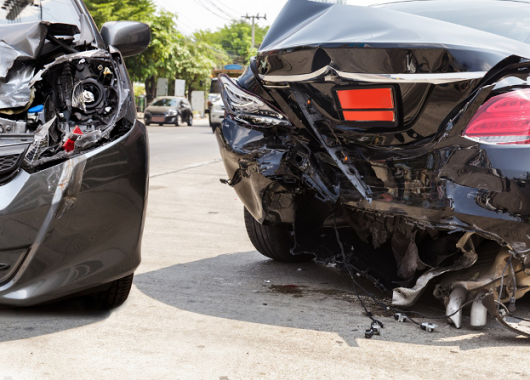When you’re in a car accident, the adrenaline starts pumping and you might not be sure what to do next. Your reaction to the accident can affect the safety of you and your passengers. It can also affect your insurance compensation if someone else is to blame.
When figuring out what to do after a car accident, you want to make sure everyone is safe first. Then, you’ll need to gather information in a way that doesn’t put any fault on you.
Keep reading to learn five things you should do after a car crash.
1. Check on Everyone
Immediately following the accident, do a quick self-evaluation to verify that you’re not seriously injured. Check on your passengers to see if they have any common injuries caused by accidents. Call 911 immediately if anyone is severely injured and needs medical attention.
If everyone is okay, get them out of the vehicle and move to a safe place. Moving to a nearby sidewalk or grassy area away from traffic is usually ideal. Don’t try to move someone who is seriously injured, unless there’s an immediate threat, such as a vehicle fire.
2. Call for Help
In most states, you need to report the accident, even if it’s relatively minor. State reporting requirements usually say you need to report any accident with injuries or deaths. They typically stipulate a minimum amount of property damage, such as property damage exceeding $500, as a requirement for reporting the accident.
Contacting the police if you don’t need an ambulance is the easiest way to handle reporting requirements. If you’re not sure how much damage is done, it’s best to report the accident just in case. State requirements usually give you a certain time frame for reporting accidents, such as within 10 days.
3. Stay at the Scene
Leaving the scene of an accident, even a minor one, can be a crime. State laws vary, but always stay at the scene to be on the safe side. Once the police arrive and take your information, they can let you know when you’re free to leave.
4. Document the Accident
Exchanging information with other involved drivers is the most basic way to document the accident. Exchange names, addresses, and insurance info.
When talking to the other drivers, avoid discussing the accident, including fault, injuries, and damage.
Continue documenting the accident by taking lots of photos if you can do so safely. Write down your side of what happened. Get information, including contact info, from witnesses.
When the police arrive, they’ll also document the accident details. They might facilitate exchanging info with the other driver and collecting witness information.
5. Seek Medical Attention
You might still need to go to the doctor even if you don’t need to ride in an ambulance. It’s a good idea to have a doctor check you out even if you don’t feel injured as you might not notice pain or injuries due to the adrenaline in your system. By having the medical documentation, you show the insurance company that you sought medical care immediately.
If you notice symptoms later, go back to the doctor for a follow-up. Some injuries show up later, such as whiplash, which can show up hours or days after the injury.
Know What to Do After a Car Accident
Knowing what to do after a car accident can keep you and your family safe. It can also help you with your insurance claim when someone else is to blame.
Check out the rest of our articles for more useful information.

